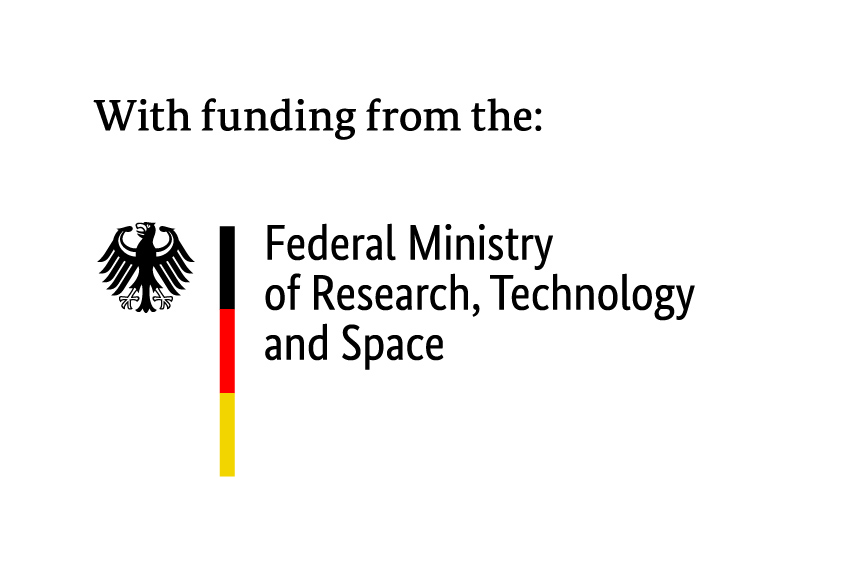Particle Phenomenology and Machine Learning
- A short descriptive name, e.g. "Arbeitsgruppe Kasieczka" or "Röntgenphysik Göttingen"
Particle Phenomenology and Machine Learning
- The full name of the group and it's affiliation, with different hierarchy levels on individual lines, e.g: "group name <new line> institute name <new line> university name"
Particle Phenomenology and Machine Learning
Forschungsgruppe LHC-Physik und neue Teilchen
Institut für theoretische Physik
Ruprecht-Karls-Universität Heidelberg- A link to the group's homepage.
- https://www.thphys.uni-heidelberg.de/~plehn/index.php?show=machine&visible=tools
- A more detailed description of the group, their topics and interests.
LHC Physics, like many other field in and around particle physics is living through an exciting, data-driven era. As theorists we can come up with ideas for physics beyond the Standard Model, motivated by dark matter or the matter-antimatter asymmetry or whatever else keeps us up at night, and immediately try it on LHC data. Even if we do not have access to the actual data we can devise search strategies using a simulation chain based on first principles and then hand our ideas and tools over to our experimental friends. The scientific challenge is that we have to understand the basic structure of LHC data, its (precision) simulation, and the best ways of using huge amounts of data. This immediately brings us to machine learning as a great tool for particle physicists. In our group we develop and apply modern data analysis tools in four ways, where this number should be increasing.
- Select the applicable.
- Optional. Further details regarding cooperation.



